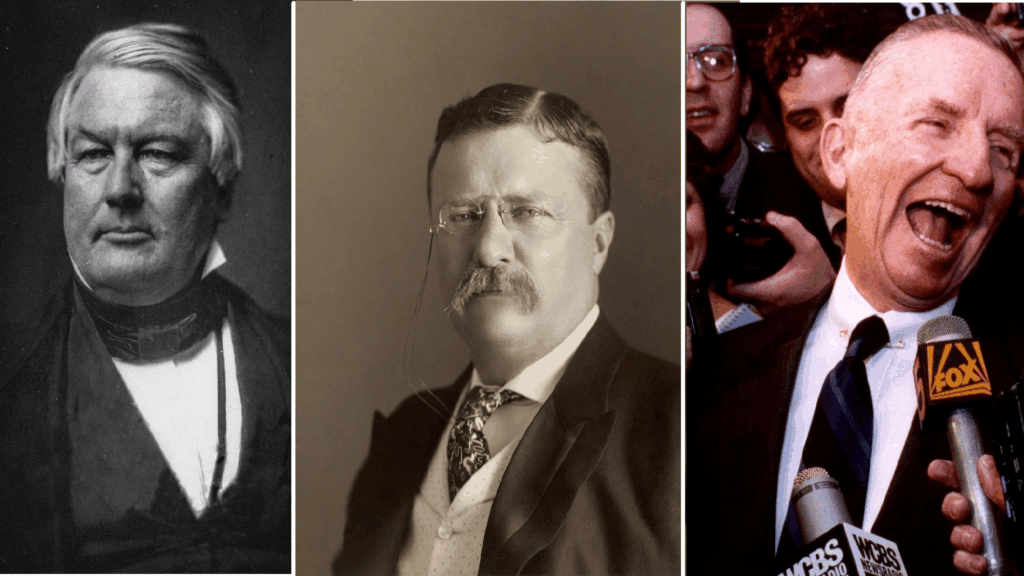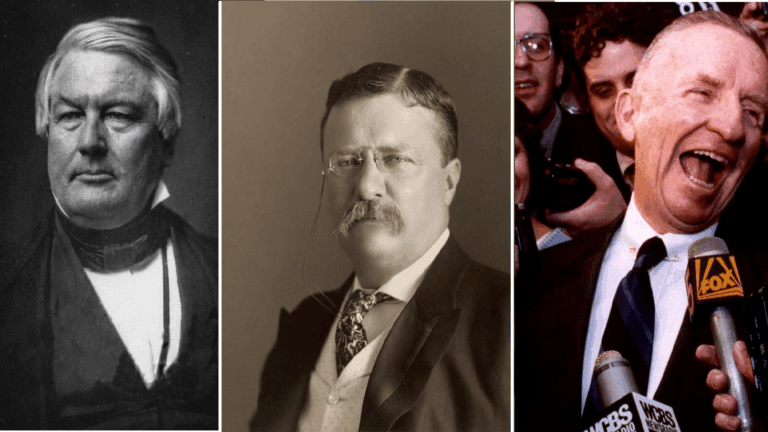23 August is known in the EU as the Day of Remembrance for the victims of all totalitarian and authoritarian regimes. It is also commemorated in Canada and the United States, where it is known as Black Ribbon Day. The purpose of the day is to preserve the memory of the victims of totalitarian regimes and to remember the past. The introduction of the Remembrance Day was proposed as an official EU commemoration by the 2008 Prague Declaration, signed, among others, by Czech president Václav Havel and future German president Joachim Gauck, and it has been observed in the EU since 2009. The day, 23 August, marks the date of the signing of the Molotov-Ribbentrop Pact in 1939. The pact between Nazi Germany and the Soviet Union was a non-aggression agreement, which partitioned some Central Eastern European countries (most famously Poland) between the two totalitarian regimes. The agreement enabled first the Nazi invasion (1 September, 1939) and then a couple of days later the Soviet invasion (17 September 1939) of Poland, which then started World War II.
Black Ribbon Day originated in the 1980s in Canada. At that time, Canada was home to a large group of Central Eastern European refugees and dissidents, who were involved in organising peaceful protests, both west and east of the Iron Curtain, against the human rights abuses by the Soviet Union. 1989, 23 August was selected as the date of the protests, to mark the signing of the Molotov-Ribbentrop Pact. The protest, which became known as the Baltic Way or the Baltic Chain, formed a 690 km long human chain, which consisted of around 2 million people, across the three Baltic states. In the West, the protests, which happened simultaneously with the Baltic Way, also attracted a large number of participants, and raised awareness about the human suffering under the totalitarian regimes of the Eastern Block. The demonstrations, demanding freedom and independence for the Baltic states, struck a chord with the Western public, and contributed to the end of Communism. While the Soviet authorities were infuriated by the protests, they were unable to stop the chain of events they set in motion. Soon, Lithuania became the first Soviet republic to declare its independence by the Act of 11 March 1990. With the dissolution of the USSR, Black Ribbon Day became even more popular – in 1991, it was marked in 56 cities around the globe.
As we also highlighted last year in our article marking Black Ribbon Day, remembrance is particularly important today, when the knowledge about the sins and horrors of totalitarian regimes has started to fade away. many young people are ignorant of history, as well as of the past suffering under totalitarianism and authoritarianism. Schools also contribute to this ignorance, by failing to teach students about Nazism and especially about the true nature of Communism. Instead of an honest consideration of what happened under state socialist one-party regimes, now young people in the West praise revolutionary ideas. Instead of acknowledging that radical left ideology can lead to terror just as right-wing extremism, an exclusive version of ‘anti-fascism’ is being adopted, which holds that only the political right can victimise groups of people. To counteract these current trends and to ensure that the sins of both Nazism and Communism committed in the 20th century are remembered, it is crucial to observe Black Ribbon Day and take a moment to reflect on the victims of totalitarian regimes, whether Stalinist or Nazi.
The black ribbons worn on this day symbolise remembrance and mourning. They are widely used on other occasions too, for instance, to honour fallen US military personnel, the victims of 9/11, as well as the fatal tragedy of Polish president Lech Kaczynski in 2010. The black ribbon worn today also reminds us of those who suffer from totalitarianism today. Thousands of people all across the globe are being victimised by oppressive totalitarian regimes, in places such as Tibet and the Xinjiang province in China as well as in Afghanistan and in North Korea.








